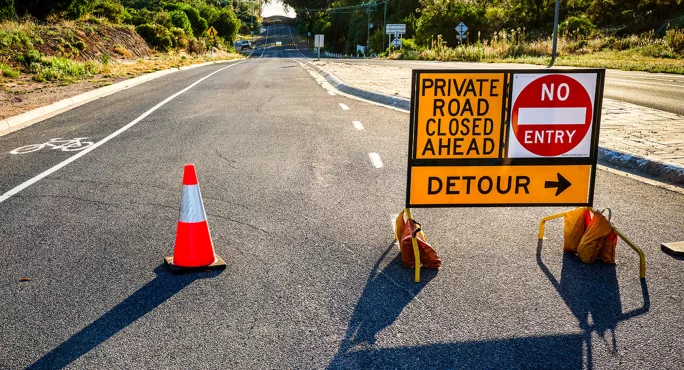ISC: Biggest fall in independent school pupil numbers since 2011

The number of new pupils joining independent schools has dropped by 2.7 per cent since last year, figures show.
The latest annual census from the Independent Schools Council (ISC) shows that this is the biggest fall since the organisation started collecting data in 2011.
The decline in pupil numbers coincides with a fall in pupils in state-funded primary and secondary schools, which is projected to fall year-on-year until they reach 7.14 million in 2028-29.
However, Barnaby Lenon, chair of the ISC, warns that the proportion of pupils in the independent sector has fallen disproportionately.
Fee increase would cause ‘acute shock to system’
In a foreword to the report, Mr Lenon says Labour’s plan to charge 20 per cent VAT on independent fees is “looming large in parents’ minds” and independent schools are concerned about pupil recruitment and retention.
He adds: “A pupil bulge has made its way through the school system, but independent school numbers have not been rising to the same extent, leading to a decline in the proportion of children educated in independent schools from 7 per cent to 6 per cent.”
Independent school fees have increased by 8 per cent, with families now paying out more than £6,000 a term on average, ISC figures also show.
The report says the increase was similar to government figures for inflation at the time schools made fee decisions for the coming year.
Mr Lenon warns that an increase in fees caused by VAT - when combined with high inflation and increased employer contributions to the Teachers’ Pension Scheme - could provide “a far more acute shock to the system”.
- ISC chief exec: 10 questions... with Julie Robinson of ISC
- Taxes: ‘Loopholes’ for independent schools faced with Labour VAT plan
- Collaboration: State and private school partnerships and how to build them
The ISC census, based on a survey of 1,411 UK independent schools conducted in January, says the average fee for a day school - which the majority of ISC pupils attend - is now £6,021 per term or £18,064 per annum.
There are differences between school types, with boarding school fees the highest at £14,153 a term on average, up 9 per cent on last year, while day fees for boarding school are £7,975, up 8.8 per cent on last year.
These figures exclude nursery fees and cover sixth-form, senior and junior schools, with the increases in fees based on ISC schools that completed the survey both this year and last.
Among day schools, the majority charge between £3,000 and £6,000 a term, the census says.
It also shows that around a third (33.5 per cent) of all ISC pupils receive some help with their fees.
Around £1.4 billion was spent on providing fee assistance this year, which includes bursaries and scholarships, an increase of 10.2 per cent on last year.
The report says partnership work with state schools has also increased, with 9,248 partnerships reported in the calendar year of 2023, compared with 8,793 the year before.
Call for VAT plan impact assessment
Julie Robinson, chief executive of the ISC, said: “Independent schools continue to work hard to make fees affordable for families choosing independent education for their children.
“At a time of political and economic uncertainty, the rise in bursary funds and partnership work shows that improving education for all continues to be at the heart of what our schools do.
“We would caution politicians against policies that risk undermining that work without first doing a full impact assessment, particularly looking at the effects on SEND provision, faith schools and military families.”
On Labour’s planned tax on independent schools, she added: “Headteachers have been telling us that nearly every prospective parent is asking about VAT. The concern is palpable.
“Without any detailed policy from Labour, schools cannot plan properly and that uncertainty is not good for parents, who are having to make decisions now that will impact their child’s education for years to come.”
In March, Patrick Roach, general secretary of the NASUWT teaching union, said he was “concerned” about the possible consequences of Labour’s proposals to charge 20 per cent VAT on independent school fees in England.
He suggested some schools could “go to the wall” and teachers may lose their jobs under the plans.
For the latest education news and analysis delivered directly to your inbox every weekday morning, sign up to the Tes Daily newsletter
Keep reading for just £1 per month
You've reached your limit of free articles this month. Subscribe for £1 per month for three months and get:
- Unlimited access to all Tes magazine content
- Exclusive subscriber-only stories
- Award-winning email newsletters
topics in this article



